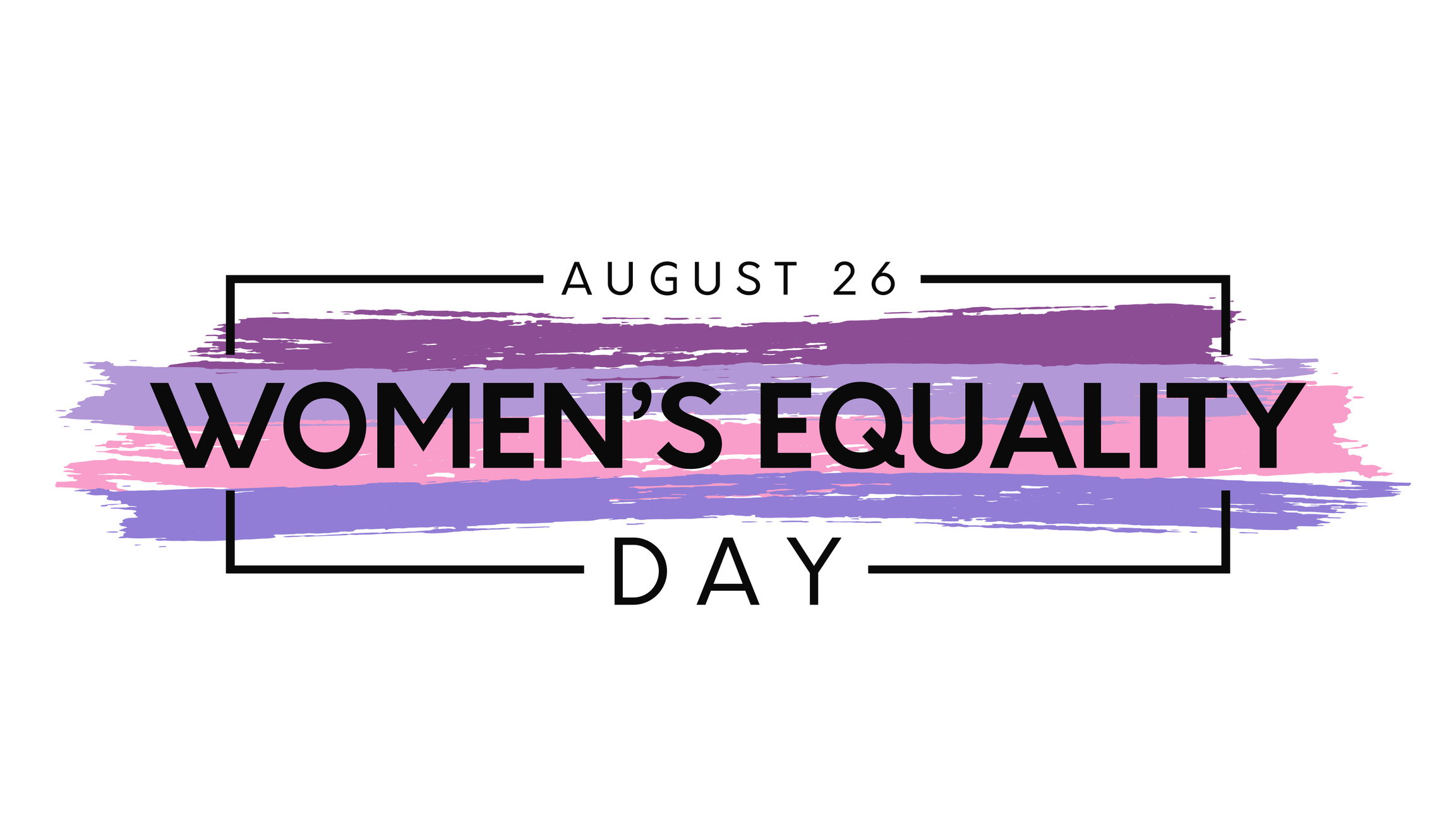
Related Articles
In value-based care, providers assume more financial risk than ever before using alternative payment models. What are the risks and rewards of these various payment models?
Transitioning to value-based care (VBC) models may be daunting in the short term, but medical practices can expect to reap an abundance of long-term benefits for patients, staff, and their community. As VBC takes center stage as the future of healthcare, it is America’s physicians who are key to its successful adoption. As a physician leader, it is understandable that you are concerned about your practice’s readiness to make the shift. Leading efforts to set up a VBC model and pay arrangements is no small task. As payers drive VBC, providers are being thrust into the role of implementers, the
Women’s health is in the spotlight this week as our nation celebrates Women’s Equality Day. Notably, August 26 marks the enactment of the 19th Amendment, which recognized a woman’s right to vote and gave voice to a wide range of health and other issues. While much has changed since this landmark decision in 1920, women still face significant healthcare challenges, not the least of which includes a higher incidence of misdiagnoses than their male counterparts. Diagnostic Inequality Of the 12 million adults who are misdiagnosed each year, women and racial/ethnic minorities are 20-30% more likely to experience a diagnostic error.


